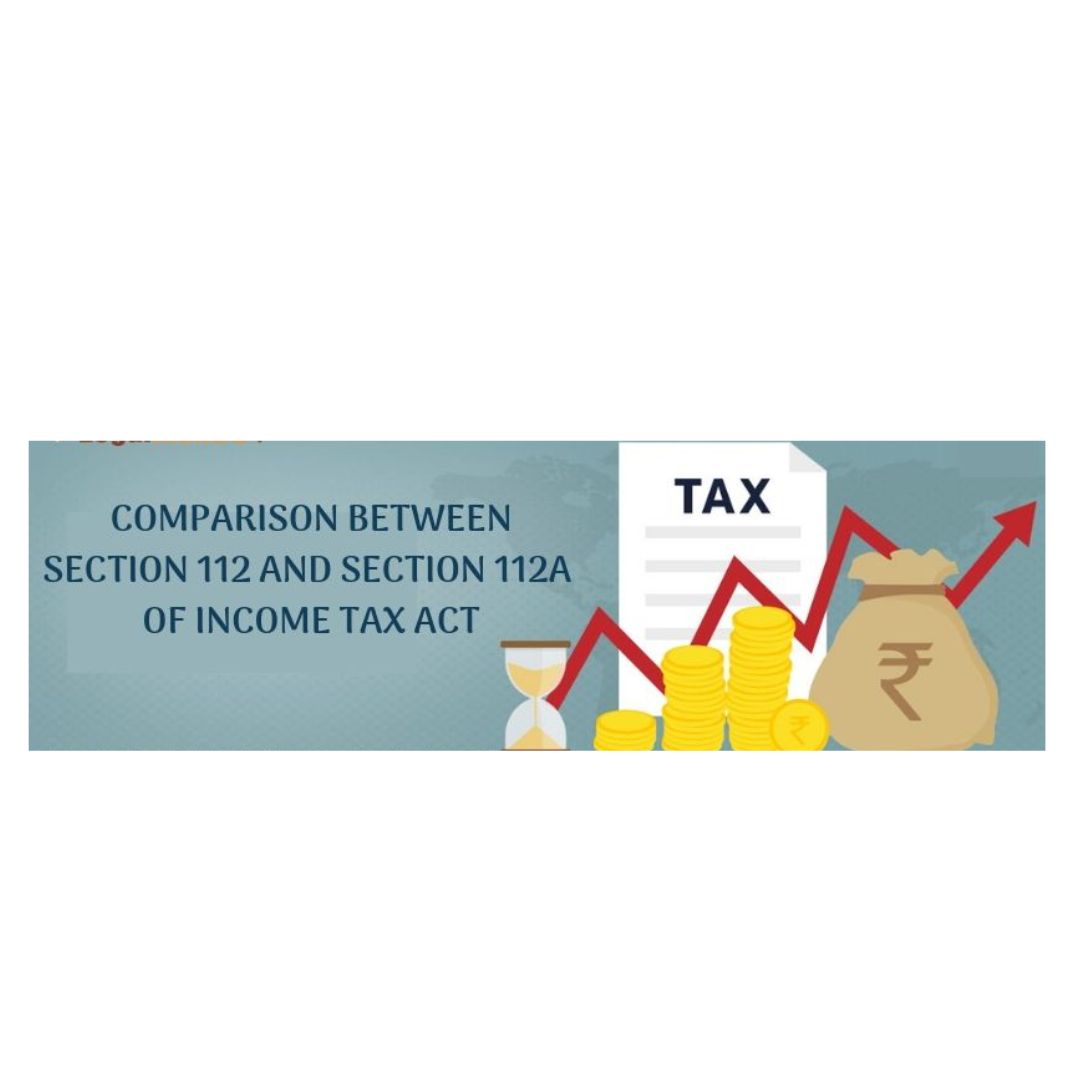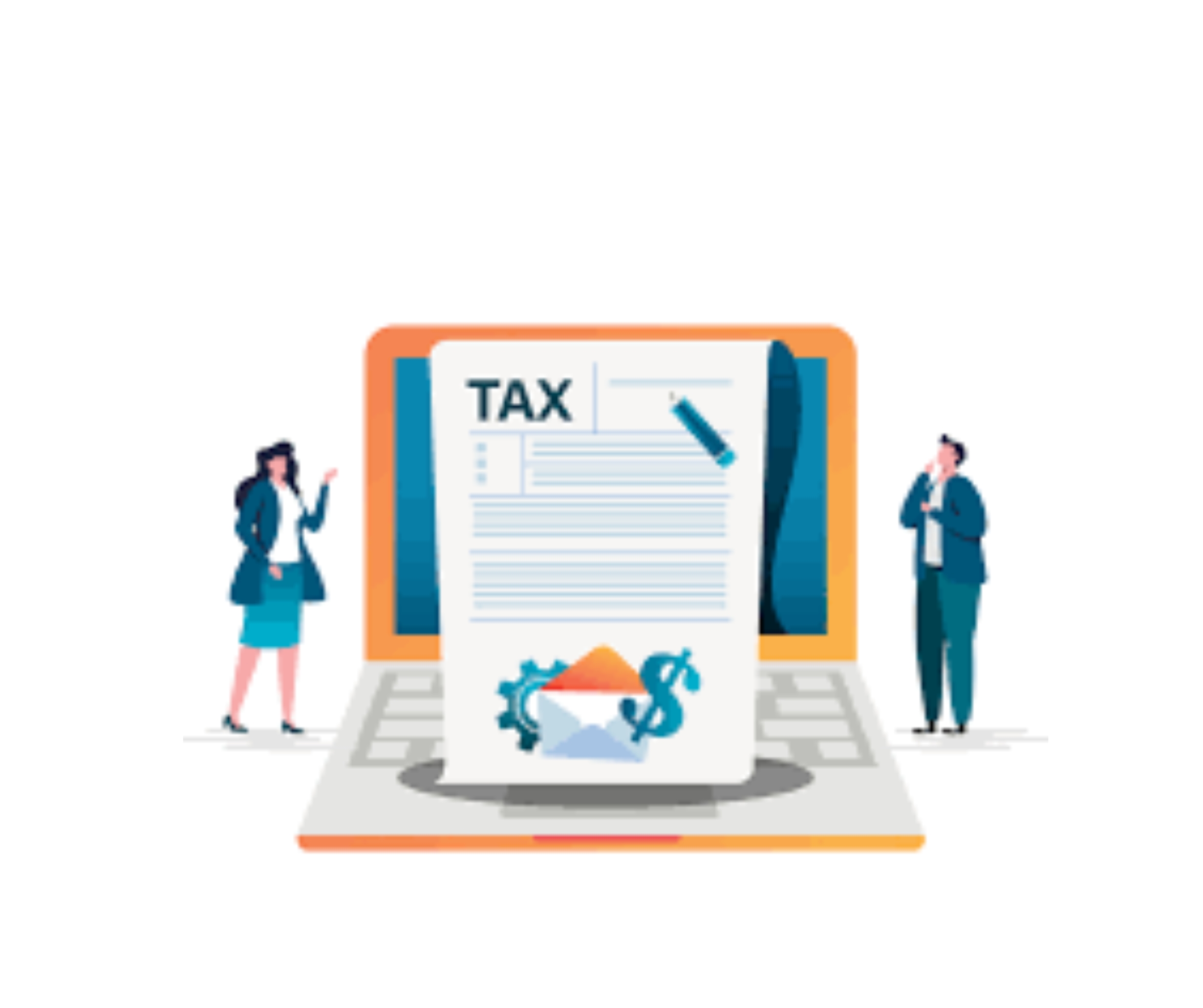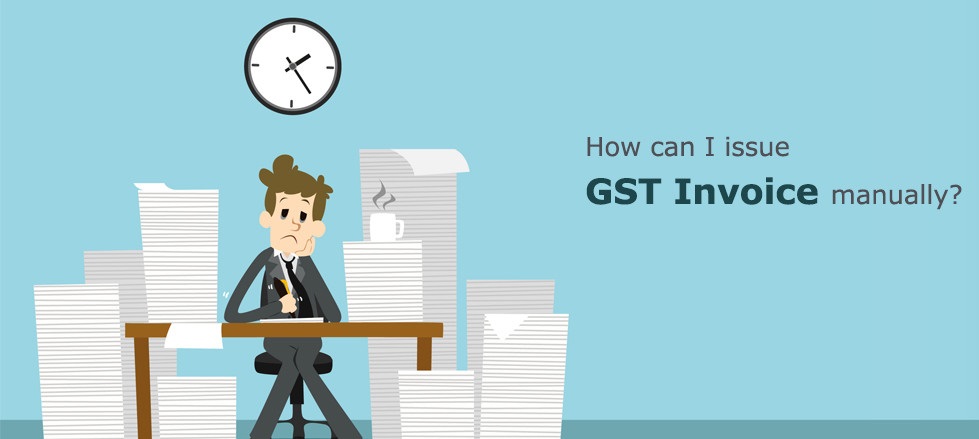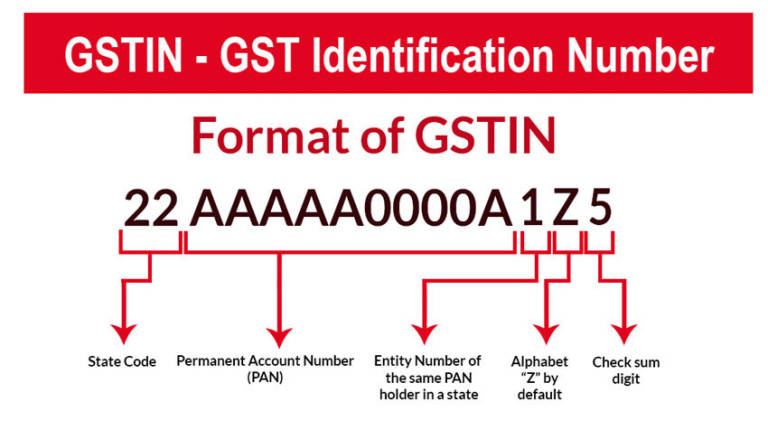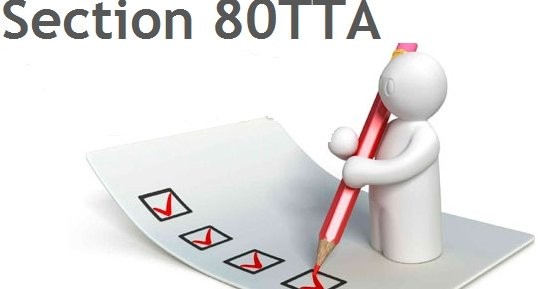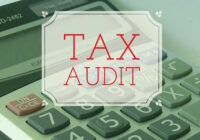What is the difference between section 112 and 112A of the Income Tax Act, 1961?
Introduction The Income Tax Act, 1961, governs taxation laws in India and includes various provisions for computing capital gains tax. Two crucial sections related to long-term capital gains (LTCG) are Section 112 and Section 112A. While both sections pertain to taxation on LTCG, they have different applicability, benefits, and limitations. Understanding their distinctions helps taxpayers… Read More »
